América del Norte/EEUU/Mayo 2016/Autor: Casey Quinlan/ Fuente: ThinkProgress
Resumen: «Centros de libertad económica» -o institutos que están respaldados por la Fundación Charles Koch- están estrechamente controlados por los intereses de la base conservadora, de acuerdo con las observaciones de los profesores y ejecutivos apoyados por Koch, en la reunión anual, en Las Vegas, de la Asociación de la Empresa Privada de Educación.
Economic freedom centers” — or institutes with conservative, libertarian missions that are backed by the Charles Koch Foundation — are tightly controlled by the interests of the conservative foundation, according to remarks from Koch-backed professors and executives at the Association of Private Enterprise Education’s annual meeting in Las Vegas.
The remarks were recorded by UnKoch My Campus, a group that focuses on the influence of powerful donors on research and coursework in universities, and shared by Greenpeace staff. At the event, Koch-backed professors and Charles Koch Foundation executives said that students act as “foot soldiers” for free enterprise ideals, deans will take money from anyone, and the slightest mention of the foundation’s legal team can bring universities back in line.
Koch-backed institutes made their way back into the news lately after recent reports that $5 million was earmarked for these centers at Arizona public universities. The American Association of University Professors is also unhappy about George Mason University’s relationship with Koch-backed academics. AAUP Associate Secretary Anita Levy recently sent a letter to the president of George Mason University and the chair of State Council of Higher Education for Virginia to express concern over renaming GMU’s law school the “Antonin Scalia Law School” after having received $30 million from the Charles Koch Foundation and an anonymous donor. GMU has received a lot of money from the Kochs over the years. Between 2011-2014, the university received almost $48 million from the Koch Foundation, according to the Associated Press.
The remarks at the annual meeting reveal some of the top strategies employed by Koch-backed institutes to wield political influence through the university system.
1. Rely on government funding.
According to George Mason University economics and philosophy professor Peter Boettke, who serves as director of the F.A. Hayek Program for Advanced Study in Philosophy, Politics, and Economics, these institutes care about being accredited because otherwise they wouldn’t receive government funding.
“The third party payer is government. Right?” Boettke said. “So this is the economics of the university. Not saying, by the way, from a Libertarian point of view that it’s the best thing in the world, but, you have to recognize and take advantage of it in building programs.”
2. Use the threat of foundation lawyers to ensure money is spent your way.
Lindenwood University professor Howard Wall, who is the director of the Hammond Institute and the Center for Economics and the Environment and serves as the chair of economics at the university, said it’s a good idea to reference the foundation’s legal team when dealing with challenges from administrators.
“It’s mostly inside the university where you get some resistance from administrators getting the power to decide how money is spent, and they say ‘Oh, you have to do this,’” Wall said. “And then I’ve used the phrase, ‘Are you sure that the Koch Foundation’s lawyers will read that the same way you are?’ And then they figure, ‘Well they must have pretty good lawyers.’”
3. Use the university’s intellectual credibility as way to gain access to media.
Boettke explained how having a communications team helps the center have political “impact.” He also explained how, given universities’ role in public policy, working inside one offers political advantages.
“When we think about a university center there’s all this intellectual activity happening and there’s an opportunity to leverage it over and over and over again,” he said. “These media people are able to book radio, television, different sorts of appearances … They can also play an interesting role in engaging with different kinds of stakeholders in these social institutions. That can mean arranging state legislative testimony to make sure that, you know, these kinds of ideas have a seat on the table in public policy.”
4. Make it a 5-year agreement, not an endowment.
University of Louisville endowed professor of economics Stephan Gohmann, who supports right-to-work laws, explained the thought process behind getting a 5-year funding agreement — an explanation repeated by Charlie Ruger, director of university investments for the Charles Koch Foundation.
“This is why it’s a 5-year agreement instead of an endowment. If it’s an endowment, as soon as we leave as the directors, they’ll say ‘Oh, we got $10 million dollars, let’s go spend it on political science or something else…sociology,’” Gohmann said. “But if the money’s just coming in annually, either the money is spend how it’s supposed to be spent or it isn’t coming in.”
5. Fight FOIA requests from groups or publications you disagree with.
Ruger said the foundation is all for transparency, but that they won’t freely give information to a “bully.”
“We’re all for the idea of transparency, we’ve got nothing to hide, there’s nothing untoward happening. All of our philanthropy is based on faculty governance, academic freedom and donor intent, and those things aren’t in conflict,” Ruger said.
Then he later added, “Our position on that is, no, don’t give them anything they ask for, till they go through that process. It makes them look foolish that they file lawsuits, they hire attorneys, and then they get nothing. Over time, I think they’re gonna learn, this is an overuse of open records laws.”
6. Use affirmative action to get conservative students inside the university.
One of the most interesting comments on recruitment came from University of New Orleans associate professor and founding director of the Alexis de Tocqueville Project, Chris Surprenant. He described a program run by the Tocqueville Project where high achieving students can take classes for college credit in areas such as history, political, economy, law, and philosophy. Surprenant mentioned the importance of students being exposed to texts other than Howard Zinn’s A People’s History of the United States. The program prepares students to embrace many of the ideals that Koch-backed professors support.
Ralph Wilson, a senior researcher with UnKoch My Campus who attended the event, told ThinkProgress that Surprenant was talking of local high schools in New Orleans that had a low-income population of mostly black and Hispanic students.
“And you know, I think we’ve made these lives better. We’ve given them an opportunity to be incredibly successful coming from families where, say single mother, didn’t go to college, being raised by their grandparents who both didn’t go to college,” Surprenant said.
The cost of participating in the program is $120 for each three-credit course, which doesn’t include the cost of textbooks. He added that affirmative action, or “prejudices” as he puts it, can be used to the advantage of the foundation, Wilson explained.
“So, there are certain prejudices that college admissions committees operate on, in terms of people that have a leg up over others,” Surprenant said. “We’ve been very successful at finding ways to use those prejudices to our advantage, and to get students into universities who, if they were rich, white, middle class students, maybe they don’t get into Stanford or Harvard, but we provide these students with an opportunity that gets them up to the level where they can get in, and then the admissions commission prejudices sort of kick them, kick them over.”
Fuente de la noticia: http://readersupportednews.org/news-section2/318-66/36864-proof-that-koch-backed-professors-are-using-universities-to-spread-right-wing-policies
Fuente de la imagen: http://readersupportednews.org/images/stories/article_imgs19/019484-charles-koch-010916.jpg

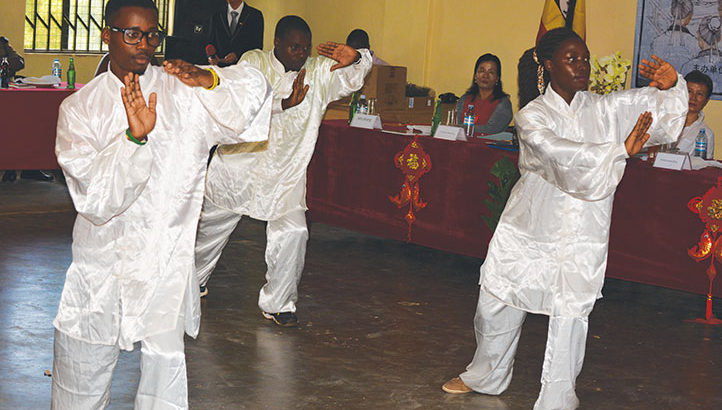
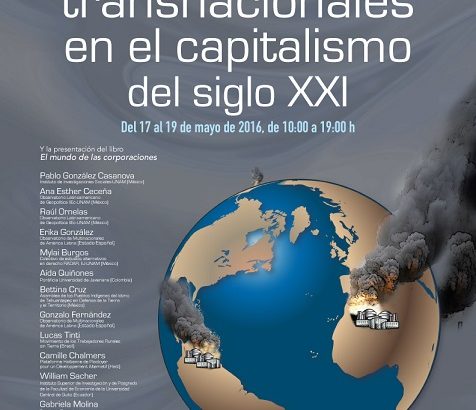
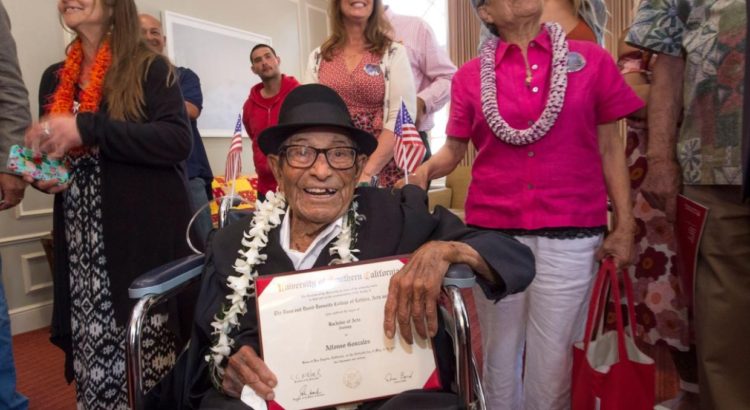
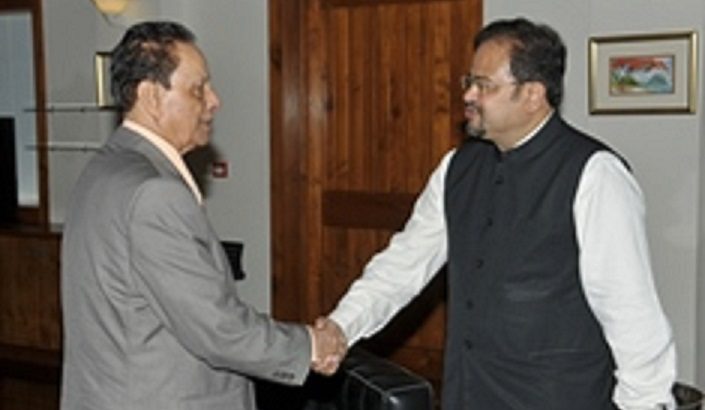
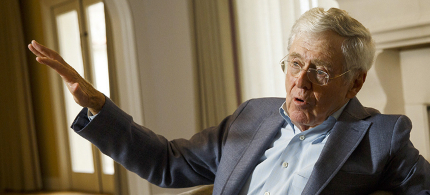
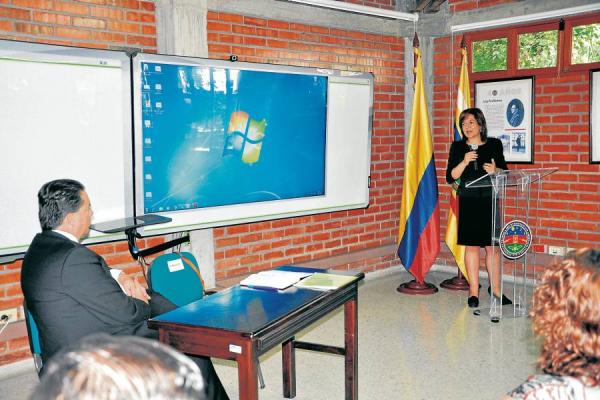







 Users Today : 14
Users Today : 14 Total Users : 35460815
Total Users : 35460815 Views Today : 28
Views Today : 28 Total views : 3420058
Total views : 3420058